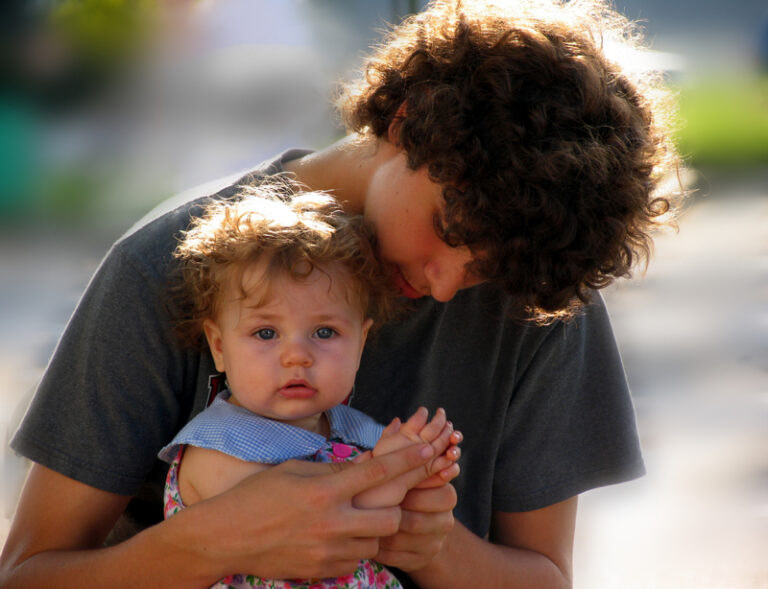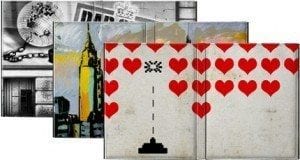
Easter Sunday is just around the corner
Hard boiled eggs seem like the easiest thing to cook, but, if you’re like me, you have to head to the computer every time you feel like an egg salad sandwich. This Sunday, eggs ‘round the globe will be boiled and painted and there are definitely tricks you should know to make easy-peel, non-green, hard boiled eggs.
The first step to making hard boiled egg is to boil them starting in cold water. Place the eggs in a single layer and fill the pot with cold water one or two inches above the eggs. If you put your finger on an egg, the water should at least be halfway past your first knuckle. To insure the eggs don’t crack while cooking, add a bit of salt. For safe measure, add a teaspoon of vinegar; should an egg crack, the vinegar will keep the egg white from seeping past the shell. Put the burner on high until the water starts to boil, then remove the pot from the heat.
The next step in making hard boiled eggs is to reduce the heat to low and return the pot to the burner. Let the eggs simmer for about a minute, then remove the pot, cover it and let it sit for 10-12 minutes. In order to make sure the hard boiled eggs are, well, hard boiled, you have to sacrifice one egg. Fish out the egg with a slotted spoon, run it under cold water for a minute and then cut it open. If it isn’t quiet done, let the eggs sit for another 2-5 minutes.
When the hard-boiled eggs are done cooking, remove them with a slotted spoon and place them in a bowl of ice water. I like to keep the sink running cold over the bowl to cool the eggs faster. If you want to make sure the hard-boiled eggs are easy to shell, gently crack them before you place them in the cold water; the cold will shrink the egg just enough to pull itself away from the shell.
Hard boiled eggs will last in the refrigerator for about five days.















